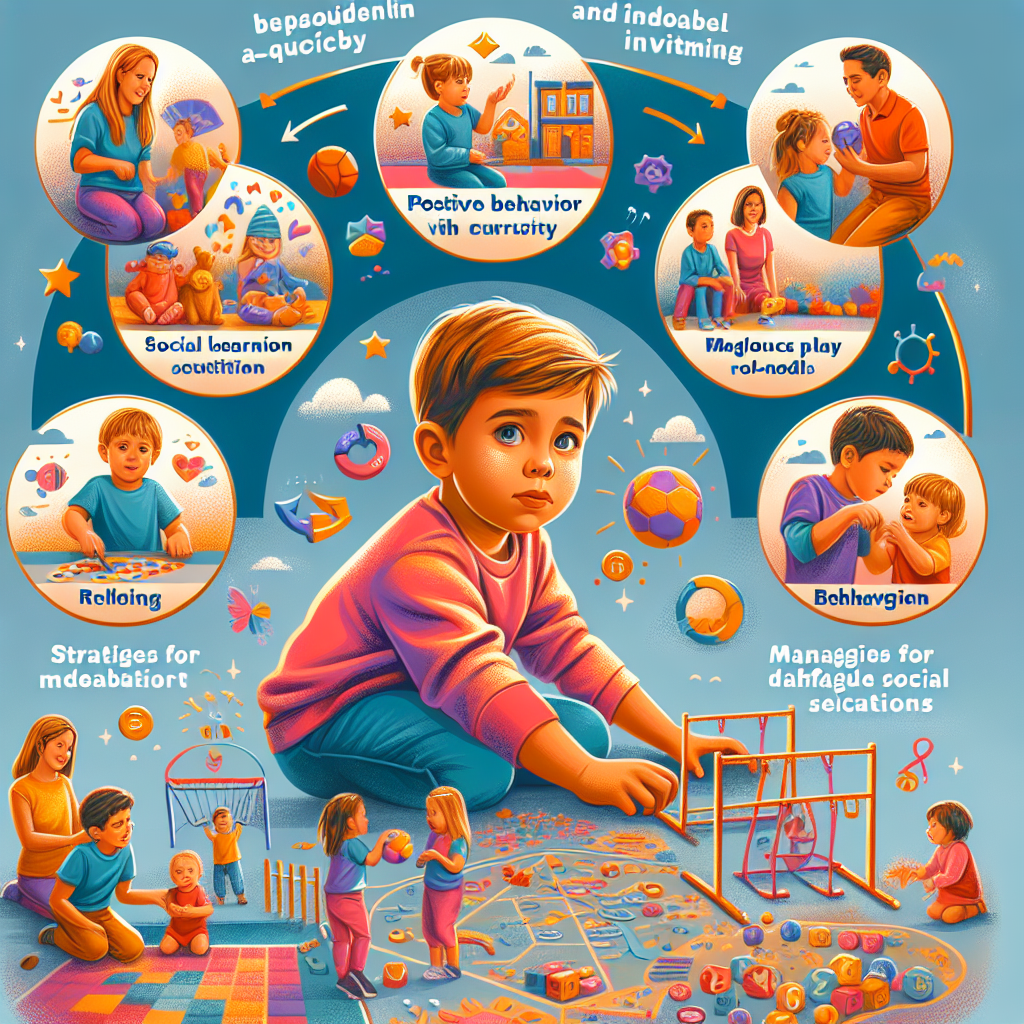Child Socialization: Stages and Tips for 1-3 Years
Are you a parent wondering how to help your child develop social skills? Socialization at an early age is fundamental to children's emotional and cognitive development. In this article, we'll explore the essential stages of socialization and offer practical advice to support your child's social development between 1 and 3 years.
The First Year of Life: The Basics of Socialization
The first 12 months are crucial for laying the foundation of a child's social skills. During this time, the child learns to communicate through smiles, grimaces and crying, begins to recognize familiar faces and react to the emotions of those around.
Encourage your child to interact with different people through simple games such as "Cuckoo-boo" or by participating in playgroups. Respond calmly and gently to the child's needs to develop confidence in himself and the people around him.
Year 1 Stage: Learn to Share and Collaborate
Around the age of one, the child begins to show interest in other children and develop new social skills such as taking turns and sharing. Although he may express his desires more often through tantrums, this is a normal phase of development.
Play at home with your child using toys that promote sharing, such as building sets or simple board games. Establish clear routines and consistency to help your child understand boundaries and expectations.
At 2 Years: Strengthening Confidence and Autonomy
By the age of two, your child will begin to assert his independence and show clear preferences for certain people or activities. It is the age when "NO" becomes a frequent word in their vocabulary, a sign of their developing independence.
Give them opportunities to make simple decisions, like choosing clothes to wear or toys to play with. Stay with them to offer support and encouragement without constantly interfering so they can test their skills in a safe environment.
At 3 Years: Increasing Emotional Understanding and Collaboration
As a child approaches the age of three, he or she will become more aware of his or her own and others' feelings and begin to develop empathy. Also, the ability to collaborate and negotiate with others improves significantly.
Encourage role plays and group activities that require consideration of other people's perspectives. Conversations about feelings and emotions, through stories or visual journaling, can help a child better understand and express their emotions.
General Tips for Supporting Child Socialization
A child's socialization is an ongoing process and it is important to provide support and guidance throughout. Here are some general tips:
-
Be a role model: Children learn by imitation. By showing them how to interact positively with others, you help them understand what good socializing means.
-
Organize playdates: Playing with other children is essential for developing social skills. Make sure these meetings are supervised and that you give children enough space to interact.
-
Communicate openly: Talk to your child about his experiences and feelings. This allows him to learn the vocabulary needed to discuss his own emotional experiences.
-
Set clear boundaries: Be clear about what behaviors are acceptable and what are not, to help your child understand how to interact respectfully with others.
-
Use educational toys: Toys that encourage role play, construction or board games are excellent tools for developing a child's social skills.
-
Encourage empathy: Use everyday situations to discuss the feelings and experiences of others so that the child can learn to be considerate and show care towards others.
Conclusion
Socialization is an essential aspect of every child's development and takes time and patience. By following the steps mentioned above and applying the advice provided, you will help your little one grow and develop their social skills. Remember that every child is unique and will develop at their own pace.
Don't forget to visit our parenting section for more resources and educational toys to support your child's social development and subscribe to our newsletter for the latest news and tips!














































































































































